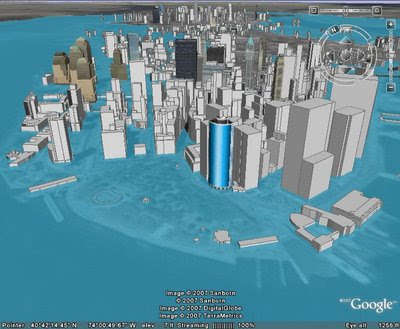A video game focussing on strategy has been found to sharpen brain power in ageing people.
A new study found that people in their 60s and 70s can improve a number of cognitive functions by playing "Rise of Nations", a game that rewards nation-building and territorial expansion.
"Rise of Nations gives gamers points for building cities and 'wonders', feeding and employing their people, maintaining an adequate military and expanding their territory. You need merchants. You need an army to protect yourself and you have to make sure you're spending some of your resources on education and food," said the authors of the study.
This is the first such study of older adults, and it is the first to find such pronounced effects on cognitive skills not directly related to the skills learned in the video game, said University of Illinois psychology professor Arthur Kramer, who co-authored the study.
Decades of lab studies designed to improve specific cognitive skills, like short-term memory, have repeatedly found that trainees improve almost exclusively on the tasks they perform in the lab - and only under lab conditions, Kramer said.
"When you train somebody on a task they tend to improve in that task, whatever it is, but it usually does not transfer much beyond that skill or beyond the particular situation in which they learned it," he said.
Specifically, the researchers wondered whether interactive video games might benefit those cognitive functions that decline most with age, said a University of Illinois release.
The study included 40 older adults, half of whom received 23.5 hours of training in Rise of Nations. The others, a comparison group, received no training in the game.
Both groups were assessed before, during and after the video game training on a variety of tests designed to measure executive control functions, and the researchers found that training on the video game did improve the participants' performance on a number of these tests.
As a group, the gamers became significantly better - and faster - at switching between tasks as compared to the comparison group.
Their working memory, as reflected in the tests, was also significantly improved. Their reasoning ability was enhanced.
The research is scheduled for publication this month's issue of journal Psychology & Aging.





